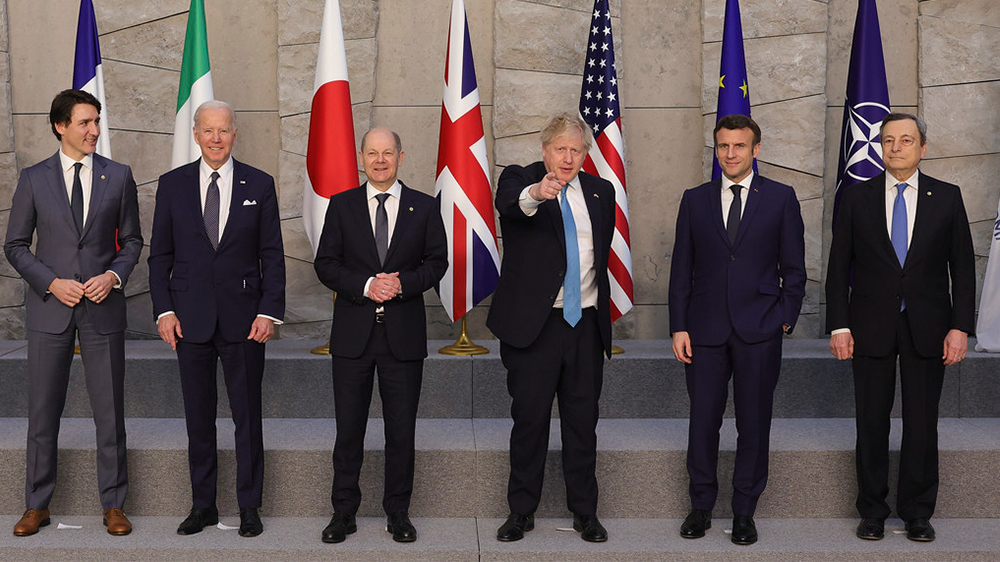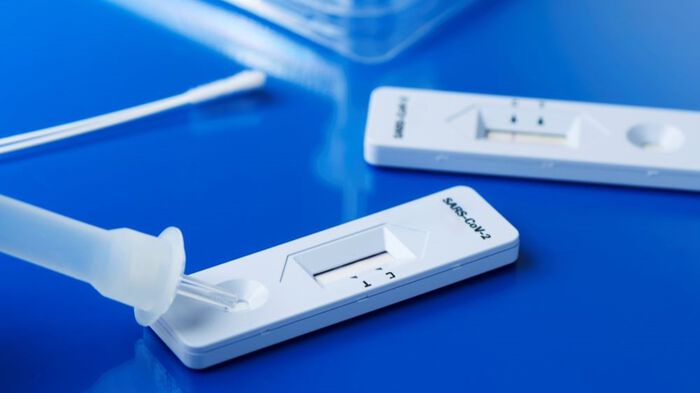Recommendations for G7 policymakers
One of the processes to support the German G7 presidency in 2022 has been to reinstate the Think Tank 7 (Think7) process. Five thematic task forces bring together experts from research institutions and think tanks from G7 countries. The task forces develop research-based policy recommendations for G7 policymakers and the G7 engagement groups. Each task force is led by three co-chairs who have been appointed by the Think7. The co-chairs of the task force on “Global Health”* invited a range of think tanks from G7 countries to prepare policy briefs, which can be accessed through the Think7 website.


The outcome of the task force also includes an issue paper prepared by the co-chairs which makes proposals on “G7 measures to enhance global heath equity and security”.
This issue paper argues that the G7 should actively take up its global responsibility at this critical point in time and take definitive action – together with others – to tackle the challenges our international community confronts from an irrevocably altered geopolitical environment, a war in Europe, the certainty of future pandemics, and a shifting climate.
We need a priority plan for global health
To retain credibility and (re)build trust, the G7 must as a first step, fulfil its existing promises in global health – many of which relate to vaccine equity. But we also make a strong plea for the G7 to adopt a long-term perspective, moving away from being driven solely by the interests of each of the presidencies. Therefore, we propose the adoption of a G7 Global Health Compact 2030 that proactively pursues a transformative agenda informed by democratic values, equity, inclusion, sustained investment, accountability, and global solidarity structures. Such a G7 Global Health Compact 2030 could take the form of a G7 seven-year priority plan for global health, with a focus on restoring the multilateral system’s capacities to deliver global public goods.
We ask the G7 to consider four strategic priorities:
- Address equity: Immediately fulfil outstanding COVID-19 vaccine donation pledges and invest in last mile delivery to end the pandemic.
- Strengthen multilateral health governance and investment in global public goods – with a strong focus on providing WHO with greater resources and authority. We propose a Priority Infrastructure Investment Taskforce, especially with a view to the investments required in primary health care, public health, and universal health coverage.
- Proactively reduce the fragmentation of the global health architecture and system. We propose an Inter-Agency Global Health Standing Committee to improve coordination between global health agencies’ funding needs, mandates, responsibilities, and priorities.
- Enhance transregional dialogue to achieve global health targets. The G7, as the group of major donors, has major responsibilities, but it cannot define global health on its own. This needs a constant dialogue with other stakeholders and with partners from low- and middle-income countries (LMICs).
In this spirit, a draft version of the issue paper was shared with experts from LMICs. The feedback we received via a subsequent dialogue that was organized by Amref Health Africa with over 160 LMIC participants has been incorporated into the final version of this paper. The key message to the G7 is the critical importance of ensuring the inclusion of voices of those with lived experiences in all national, regional, and global health initiatives.
*The co-chairs of the Think7 task force on global health are Ilona Kickbusch (Global Health Centre, Graduate Institute of Geneva), Anna-Katharina Hornidge (German Development Institute), and Githinji Gitahi (Amref Health Africa). The writing of the issue paper was supported by Adam Kamradt-Scott and Ingerid Bratz (European University Institute).





